1690
The British East India Company establishes a trading base in Calcutta.
The British East India Company establishes a trading base in Calcutta.
William Penn instructs Pennsylvania settlers to preserve one acre of trees for every five acres cleared.
Paris becomes the first European city with an extensive sewer system.
William of Orange defeats Catholic King James II at the Battle of the Boyne which ensures the dominance of the Protestant Ascendancy.
White's Club in London is founded as a Chocolate House.
Voltaire.
The Hudson's Bay Company York Factory is captured by the French, but recaptured a year later.
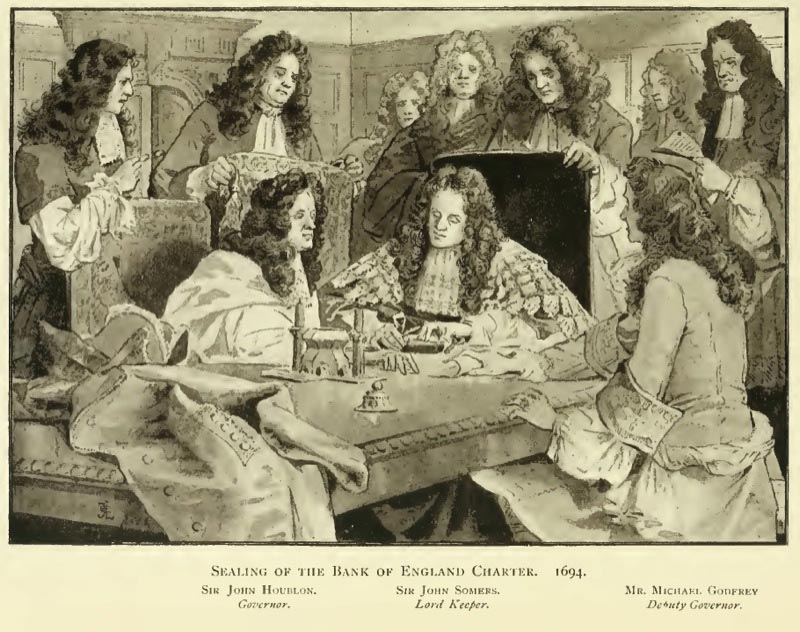
Establishment of the Bank of England.
Major reserves of gold are discovered in Brazil, prompting one of the first gold rushes.
‘Soft-paste’ porcelain factory set up at St Cloud in France though not a perfect imitation.
Dutch traders translocate coffee plants from Yemen to Jakarta, Indonesia.
Board of Trade established to promote trade in overseas plantations.
The Treaty of Ryswick cedes the western third of Hispaniola to France. The enlarged colony of Saint Domingue becomes rich on the sale of sugar cane.
Exiled French Huguenot weavers such as Louis Crommelin breathe new life into the Linen Industry in Ireland.
William III passes the Enclosure Act for the increase and preservation of timber in the New Forest. Navy Forests are planted and serious forest management begins.
Zanzibar falls under the control of the Sultan of Oman and is an important port for the Spice trade. Spices are planted on the island.
Private trading of slaves introduced in British Empire.
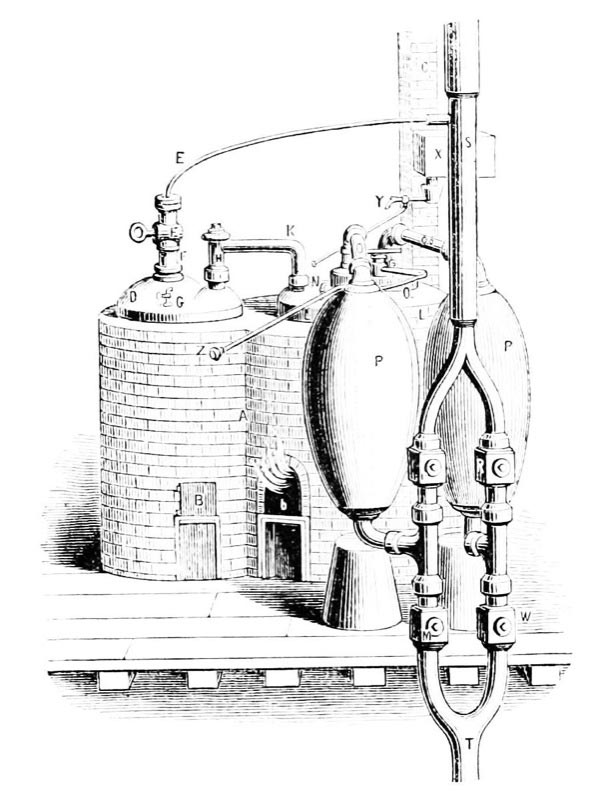
The steam engine in invented by Thomas Savery.

The Ottoman Empire cedes Hungary at the Treaty of Karlowitz.
William Dampier is sent on a mission to explore New Holland and maps the coast of Western Australia.
The importation of printed calico in Britain is banned.
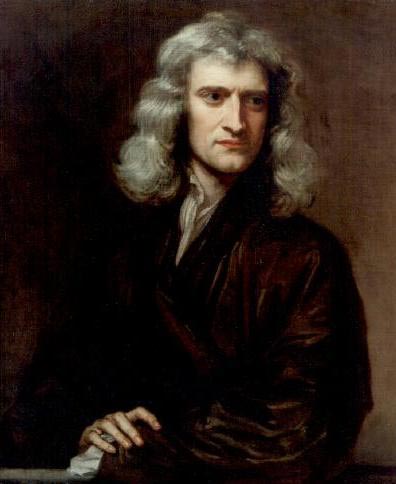
Isaac Newton, British Master of the Mint, values gold at nearly 85s per ounce.

69,500 beaver hats are exported from British ports.
In the preceeding Century exports of Madeira to North America more than quintuple from 1200 pipes a year to 6500 pipes a year.
Sea coal consumption increases in England as deforestation worsens.
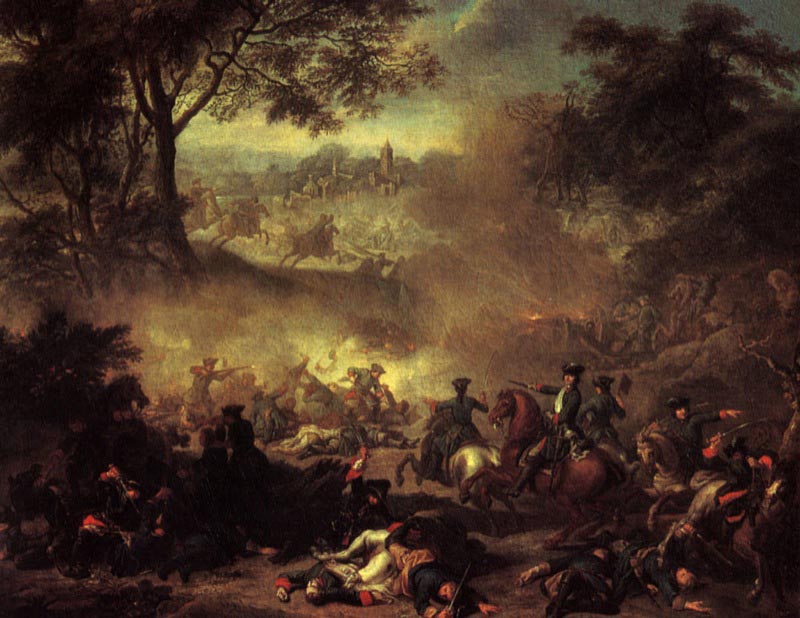
Great Northern War.
Kaolin unwittingly discovered in Saxony and used as a hair powder.
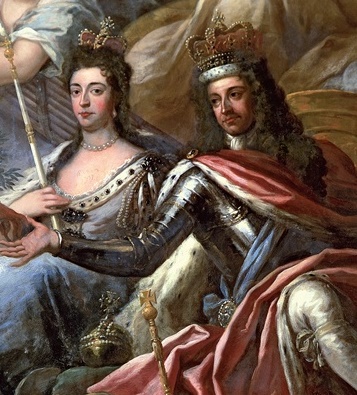
Massive trend in England for the collecting of porcelain led by Queen Mary, consort of William III.

Ellis Veryard describes how the Spanish make and drink chocolate in An Account of Divers Choice Remarks Taken in a Journey through the Low Countries, France, Italy, and Part of Spain.
War of the Spanish Succession between France, Spain, Britain, the Netherlands, Portugal and others.
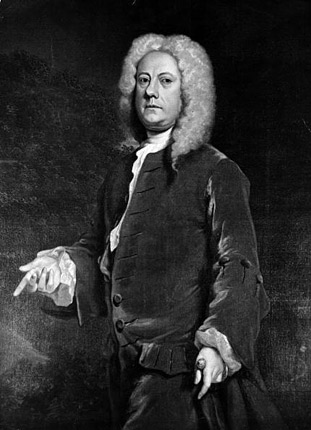
Jethro Tull improves the seed drill and his invention helps to increase cereal production.
Coal is discovered near Richmond in Virginia.
Queen Anne's War. Britain and France fight in Canada, New England, the Carolinas and Florida for control of the Americas. Many Native Indians are killed and Spanish Missions in Florida are destroyed.
A great storm destroys over 4,000 trees in the New Forest.
William Dampier makes a second circumnavigation and leaves Alexander Selkirk (the model for Robinson Crusoe) on a desert island after a disagreement. He returns to find him in 1709. They raid Spanish shipping.
John Wesley, Protestant reformer.
The Dutch term koekje (little cake) is given to a hard baked biscuit or cookie.
Isaac Newton publishes his book Opticks about lenses and light.
The British Government tries to break Britain's reliance on Baltic timber by encouraging trade with the American colonies.
Battle of Blenheim - combined British, Dutch, Austrian, Danish and Prussian forces under the Duke of Marlborough defeat the French and Bavarian armies, decisively changing the course of the war.
The steam piston engine is invented by Thomas Newcomen.
Benjamin Franklin.
Daniel Duncan writes Wholesome advice against the abuse of Hot Liquors particularly of Coffee, Chocolate, Tea, Brandy and Strong-waters.
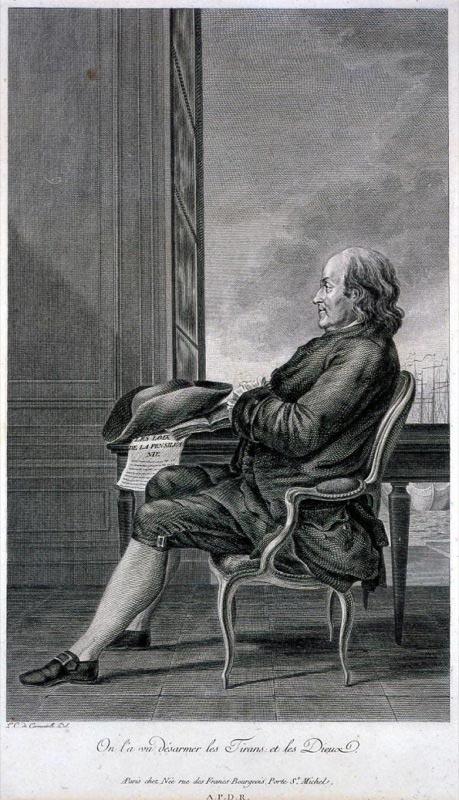
Benjamin Franklin born. He would campaign to improve sanitation in Boston.
Christopher Wren completes St Paul's Cathedral in London.
The East India Company formally enters the opium traffic.
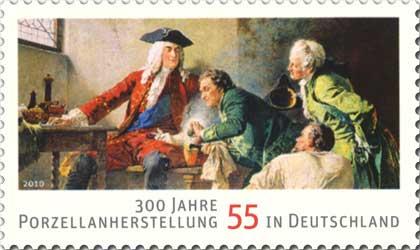
In great secrecy in Saxony, Germany, something close to hard-paste porcelain is created by Johann Friederich Böttger and Ehrenfried Waller von Tschimaus.
Samuel Johnson.
Abraham Darby of Coalbrookdale, England uses coal instead of wood for manufacturing iron.
Porcelain factory created at Meissen, Germany, under auspices of the Augustus the Strong, Elector of Saxony. ‘Hard-paste’ porcelain is produced.

Dutch traders plant Indonesian grown seedlings in Java.
A vineyard is established at Chateau d'Yquem and becomes famous for sweet Sauternes wine.
The British East India Company establishes a trading base at Canton.
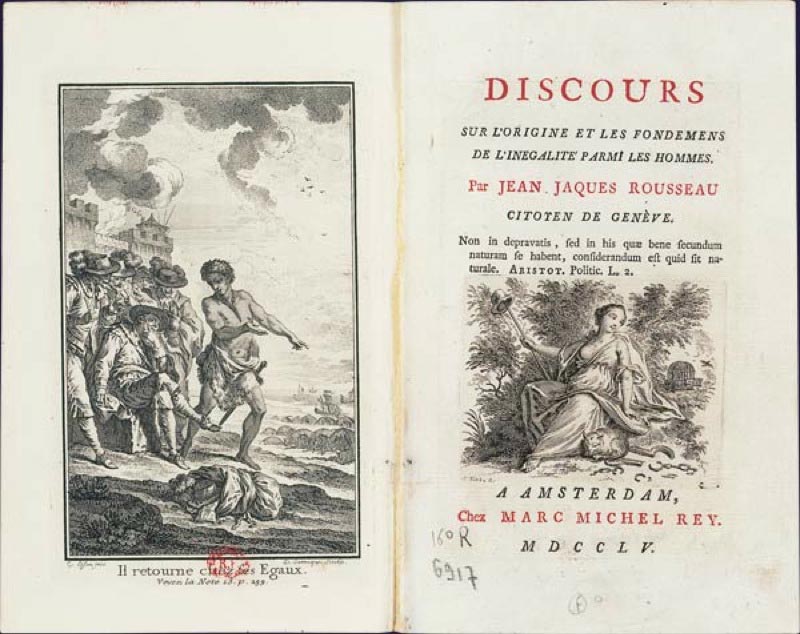
Jean-Jacques Rousseau.
Frederick the Great, King of Prussia.
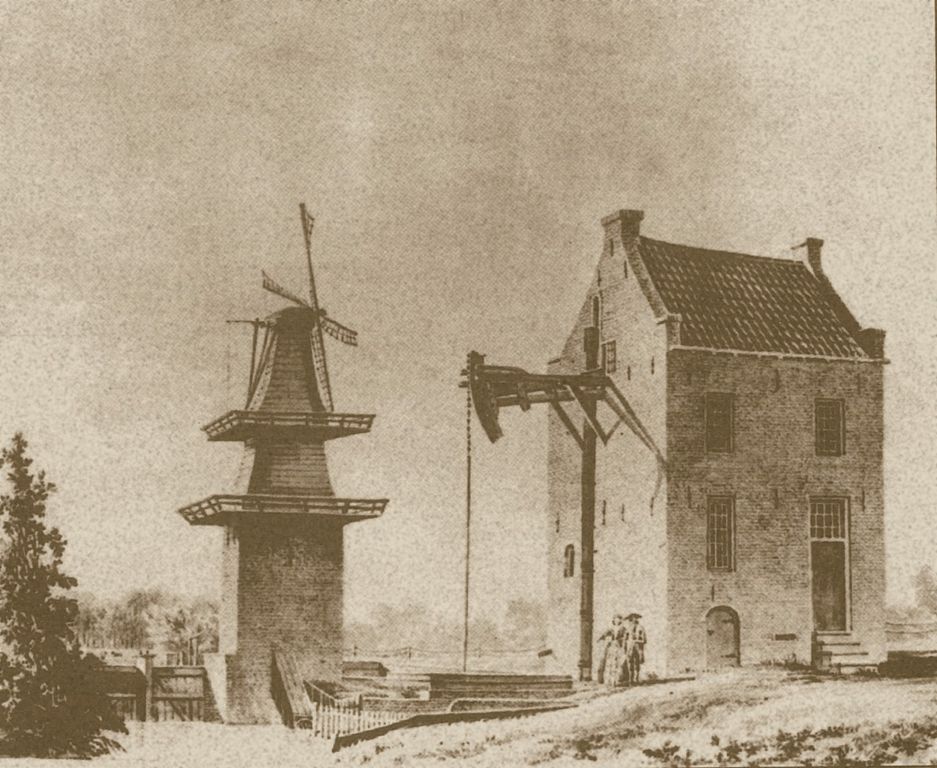
Thomas Newcomen develops the first truly successful steam engine.
Denis Diderot, editor of the Encyclopédie.
The Dutch provide French King Louis XIV with a coffee bush.
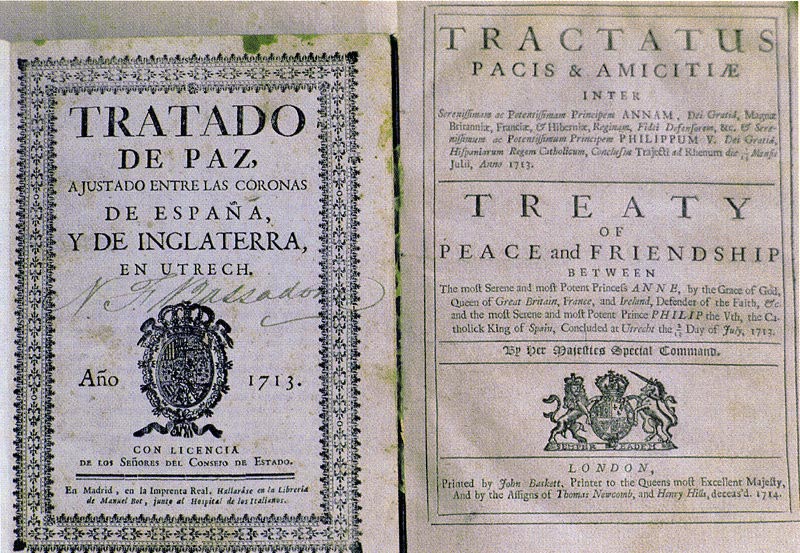
The Treaty of Utrecht ends the War of Spanish Succession and Queen Anne's War. The French and Spanish crowns are separated and Spain's Italian and Spanish possessions are reallocated. Britain is given Gibraltar and Minorca and France recognises the Hudson's Bay Company territories.
Britain acquires Gibraltar from Spain having captured it in 1704.
France captures Mauritius.
Reign of Louis XV of France.
The Yamasee War between the Yamasee Nation and the British.
Collecting of porcelain begins to attract ridicule and satire. “… a fine lady valued her mottled-green pottery quite as much as she valued her monkey, and much more than she valued her husband.” William Macauly.
John Law sets up the Mississippi Company to assist French trade in North America. In 1717 it becomes the Company of the West.
The Chianti region is established as a regional wine growing area.
Establishment of Banque Générale in France.

Thomas Twining opens Twining's Golden Lyon Tea Shop on the Strand - London's first tea shop.

Canon Godinot publishes champagne making rules that he says were established by Benedictine monk, Dom Pérignon.
The Ottoman Empire cedes Belgrade and Serbia to the Habsburgs at the Treaty of Passarowitz.
The Tulip Age of the Ottoman Empire. Greatly diminished it tries to establish peaceful relations with European states.
The Bahamas are made a British crown colony.
Daniel Defoe publishes Robinson Crusoe set on a desert island in the Caribbean.
German naturalist Daniel Messerschmidt is tasked by Peter the Great with the exploration of Siberia. He finds the first mammoth fossils.
Germany's first coffee house opens in Berlin.
Parliament removes all duty from timber imported from the American colonies.
A rabies epidemic sweeps across Eastern Europe.
Joshua Reynolds.
Gabriel de Clieu transplants coffee plants to Haiti.
A commission in Boston discovers lead in alcohol stills is found to cause illness.
Immanuel Kant.

Blenheim Palace is constructed to mark the success of the Duke of Blenheim in the wars against France.
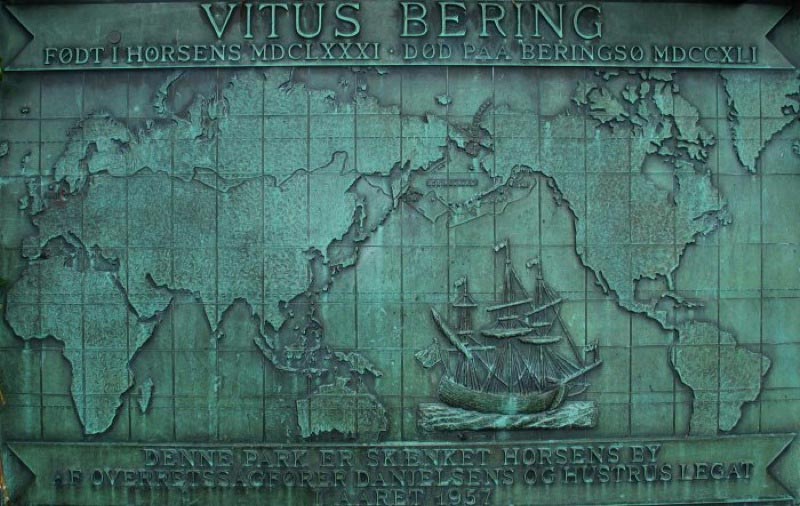
Vitus Bering explores Kamchatka and sails through the strait that now bears his name.
Poet John Gray writes a poem, “To a lady on her passion for Old China”, satirizing porcelain as his rival in love; China’s the passion of her soul; A cup, a plate, a bowl; Can kindle wishes in her breast; Inflame with joy, or break her rest.
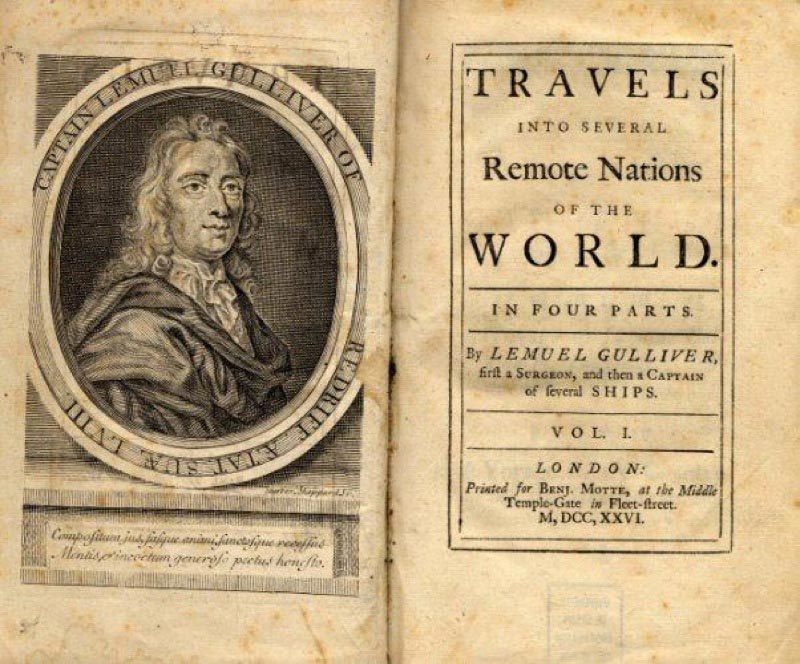
Gulliver's Travels is written by Jonathan Swift.
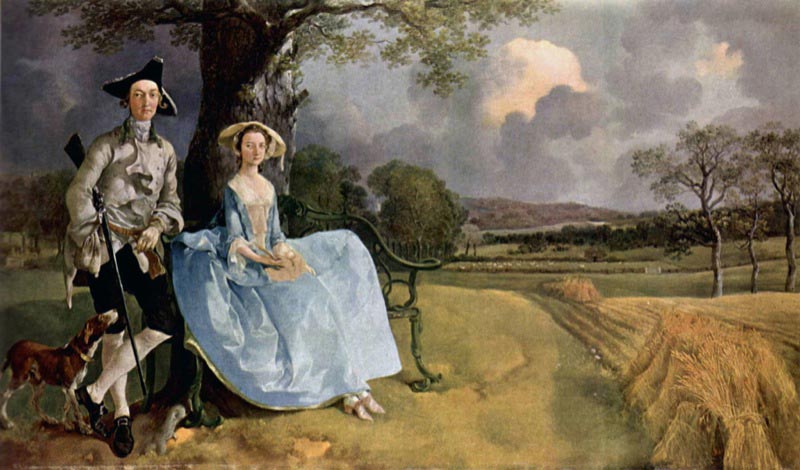
Thomas Gainsborough.
Coffee is introduced to Brazil via Dutch Guiana.
Criollo Cacao trees in Trinidad are blighted causing a massive crop failure. Plans are made to replant with the hardier Forastero cacao tree from the Amazon.
Virginia recognises 'tobacco notes' as legal tender.
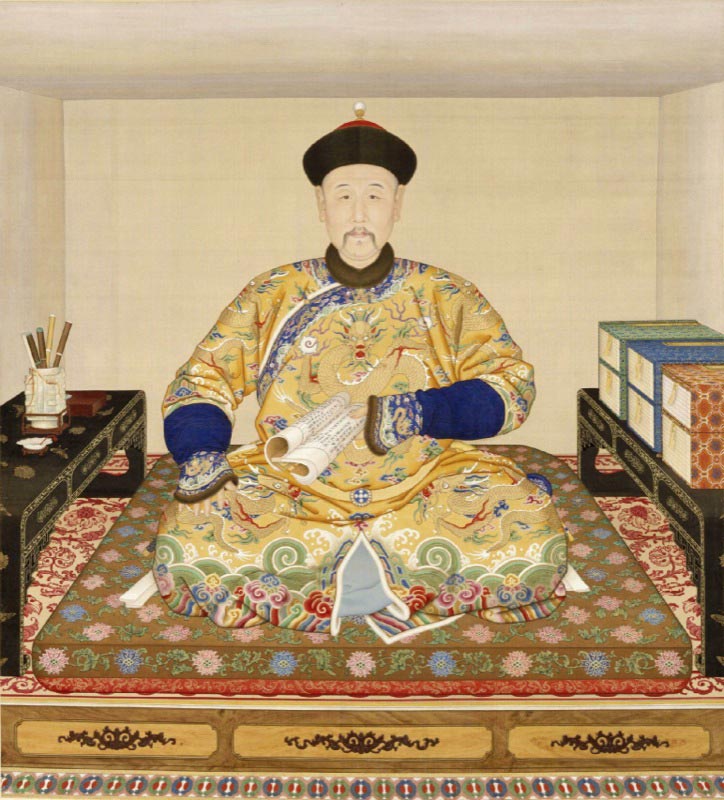
China’s Yongzheng Emperor issues a ban that distinguishes illegal opium mixed with tobacco from unadulterated medicinal opium.
Edmund Burke.
Stephen Gray conducts electricity over long distances.
Coffee is planted in Jamaica.
The Virginia Inspections Acts are passed to prevent the adulteration of tobacco.
Sweet Tokaj wine is recognised as a regional variety from Slovakia.
The "tree huggers" belonging to the Bishnois branch of the Hindu faith in India are killed while trying to protect trees from foresters.
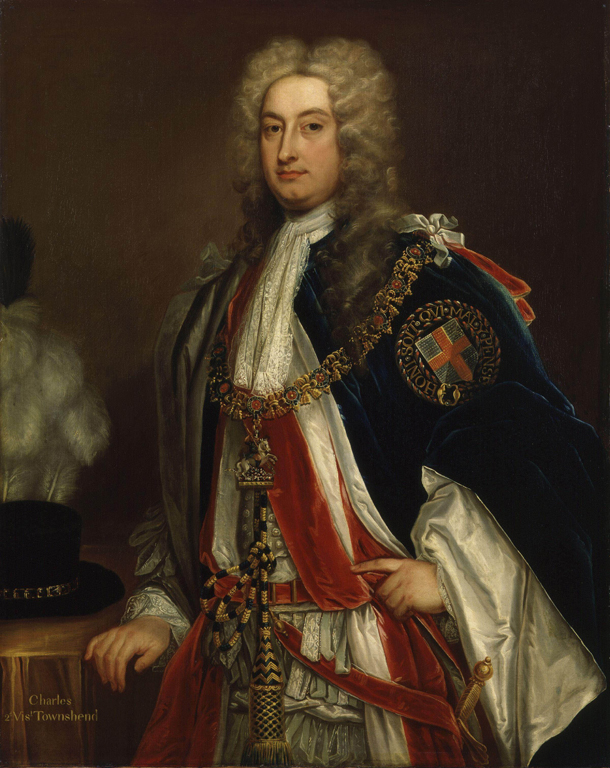
Charles Townshend advocates the four crop rotation system using wheat, turnips, barley and clover.
British East India Company importing 517,000 pieces of porcelain a year.
Joseph Haydn.
John Kay invents the flying shuttle, speeding up the process of weaving.
The UK Molasses Act placed a tax on all sugar from non-British colonies, widely encouraging sugar smuggling.
First reference in EIC records of exports of Indian opium to China.
Augustus the Strong of Saxony dies with a collection of 20,000 items of porcelain.
The tea trade takes off in Russia.
In France, an ‘unfaithful’ workman carries the secrets of the St Cloud factory to a new manufacturing centre at Chantilly.
Factory founded by Florentine nobleman Marquis Ginori at La Doccia in Italy.
James Watt makes improvements to the Newcomen steam engine. Watt engines, powered by coal, are used in industrial and commercial capacities.
Ancient porcelains reproduced in Jingdezhen.
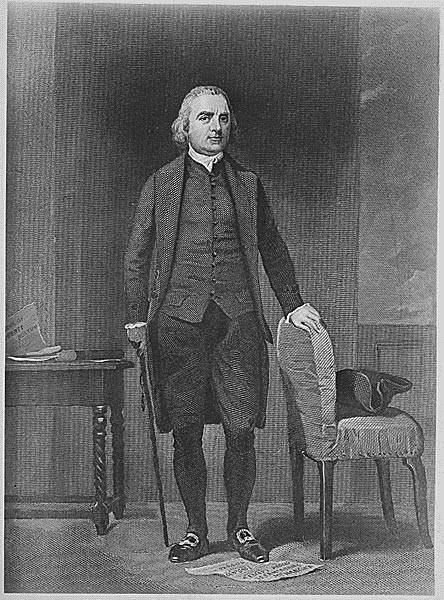
Thomas Paine.
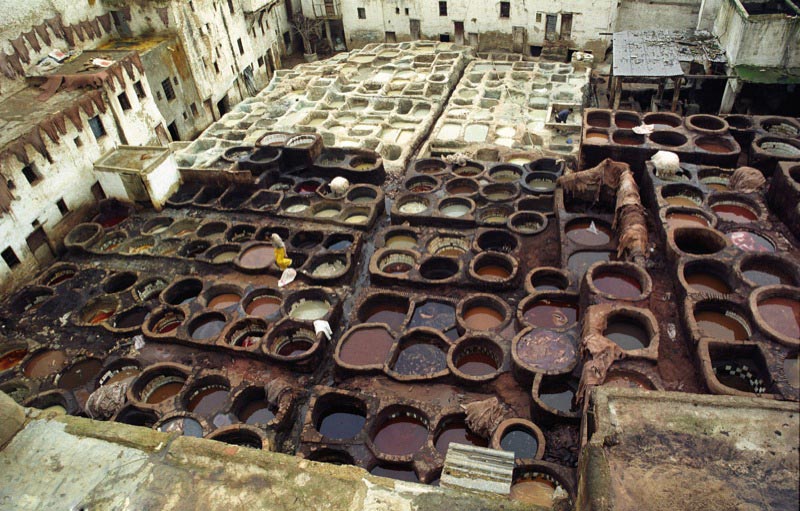
Benjamin Franklin petitions the Pennsylvania Assembly to stop waste dumping and remove tanneries from the commercial district.
A lucrative trade develops for sea otter pelts in the Pacific North West. A population of 150,000 to 300,000 is rapidly reduced to one or two thosand.
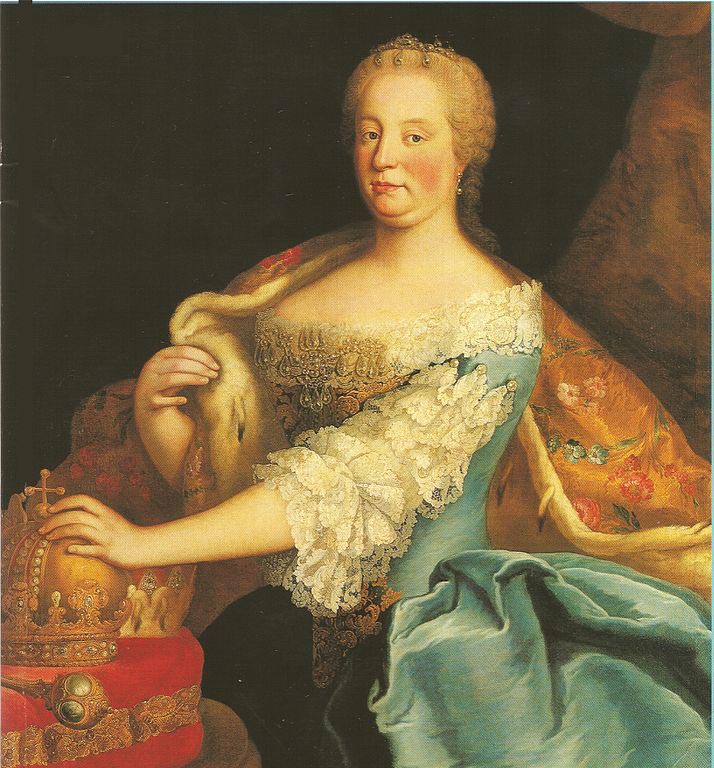
The War of the Austrian Succession is fought in Europe, India and North America. France, Spain, Prussia, Bavaria are pitted against Britain, the Dutch Republic, Hanover and the Holy Roman Empire. Marie Theresa retains the Austrian throne and Prussia controls Silesia.
George Anson sails around the world on the Centurion. He stops in Chile and China before capturing a Manila galleon with 1.3m pieces of eight.
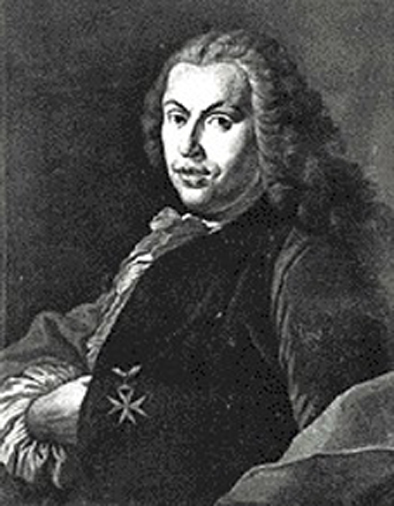
Marquis Ginori charters a ship and sends it to China to bring back earths used in the composition of porcelain for his La Doccia factory.
Louis XV’s mistress Madame de Pompadour becomes a major patron of porcelain art.
The Netherlands establish a colony in Demerara.
The first cotton factories open in England, industrialising the weaving process.
James Isham documents his explorations in Canada on behalf of the Hudson's Bay Company.
Thomas Jefferson.
Emiliam Basov establishes a fur trade post on Bering Island.
First porcelain factory in Britain at Chelsea under patronage of George II.
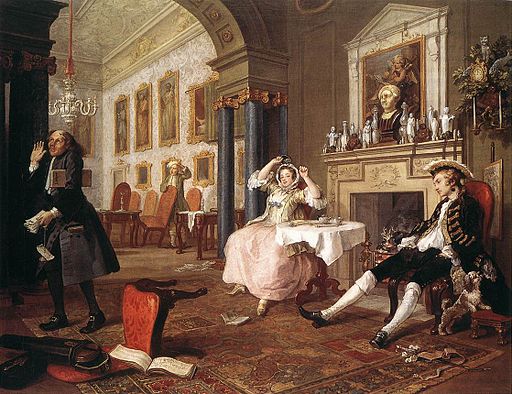
Porcelain makes appearances in satirical and moralist paintings of William Hogarth (Marriage A-la-mode) as a symbol of excess and ill-spent money.
William Hodges - the official artist on board James Cook's second voyage of discovery well known for his paintings of Table Bay, Tahiti and Antarctica.
Major new gold deposits are discovered in Russia.
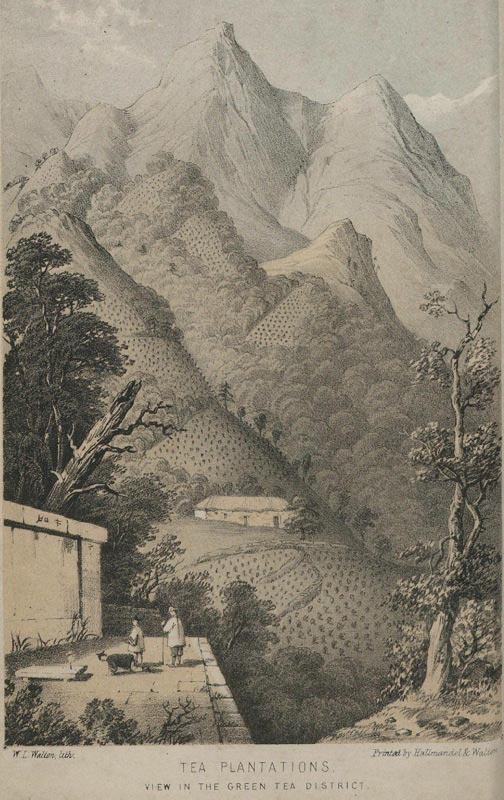
In the UK, tea tax is reduced from 4s to 1s, making tea more affordable and popular.
French porcelain manufacture begins at Vincennes under the name Charles Adam – the finance minister’s brother – partly in order to compete with Britain and to try and halt costly imports.
Francisco Goya.
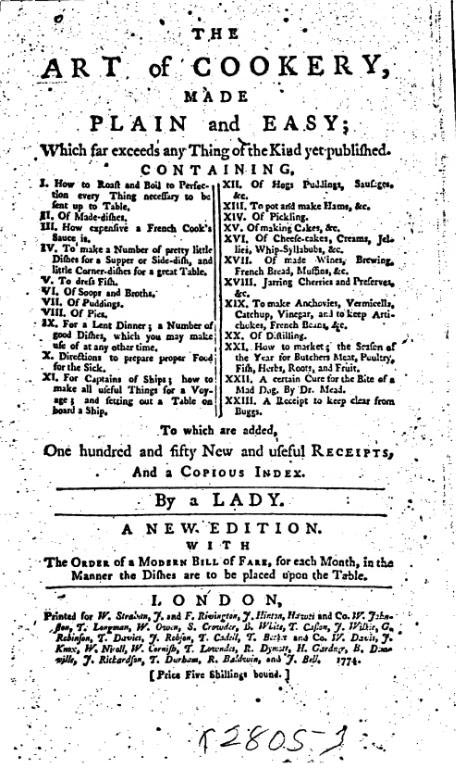
Hannah Glasse's The Art of Cookery Made Plain and Easy offers the first Western curry recipe. Curry powder (a blend of spices including coriander, tumeric, red pepper, fenugreek and others) starts to be imported to the West.
German scientist Andreas Sigismund Marggraf discovers a way to extract sugar from sugar beet.
William Hogarth depicts the Lord Mayor of London with a top hat, which then becomes fashionable.
Peak of Dutch East Indies imports of Bengal opium (average of 1,241 chests per year).
The American Jared Eliot writes Essays upon Field Husbandry.
Coal production on a commercial scale begins in the USA for the first time. Coal mining began around Richmond, Virginia and was used in the manufacturing of war materials for the Revolutionary War.
Johann Wolfgang von Goethe.
Coffee is planted in Sulawesi.
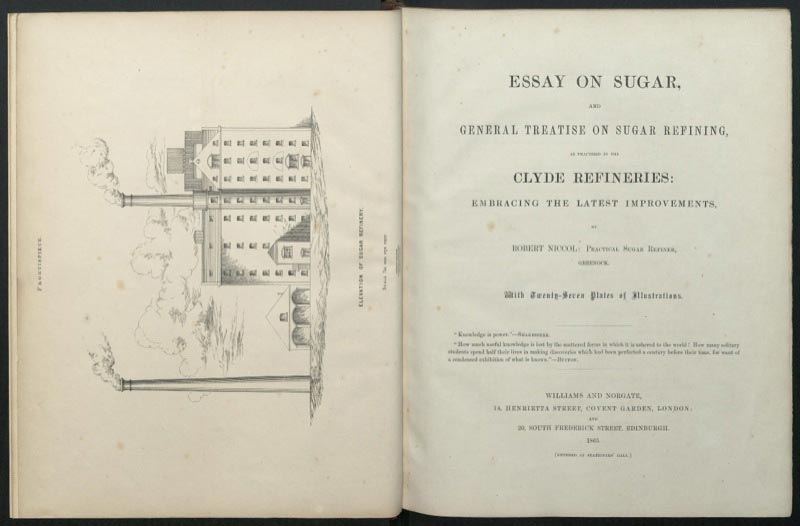
There are over 100 sugar refineries in England, yielding significant tax for the Government.
China proclaims Tibet as a protectorate.
A typhus epidemic sweeps through London killing thousands.
Porcelain factory at Dresden accused of producing pieces slowly to keep prices high.

Jingdezhen export porcelain begins to be sent unpainted to Guangzou for enameling and decoration so merchants could supervise patterns.